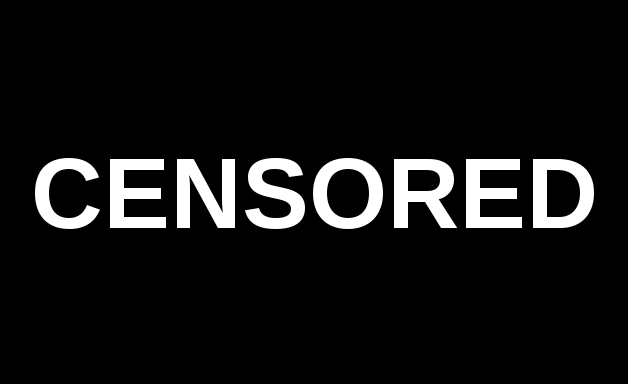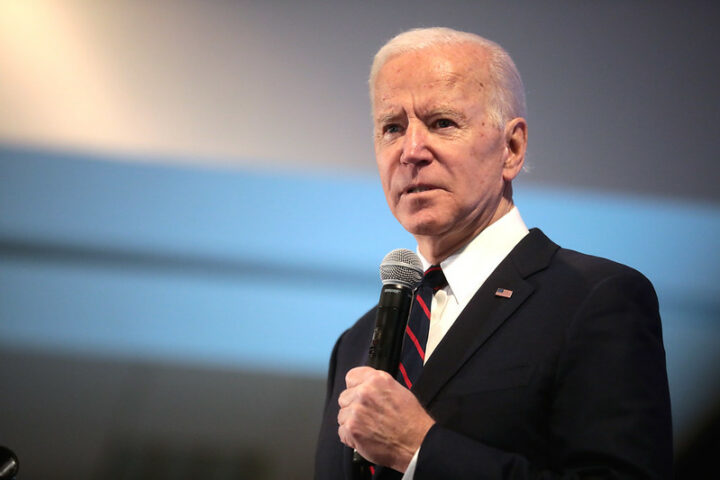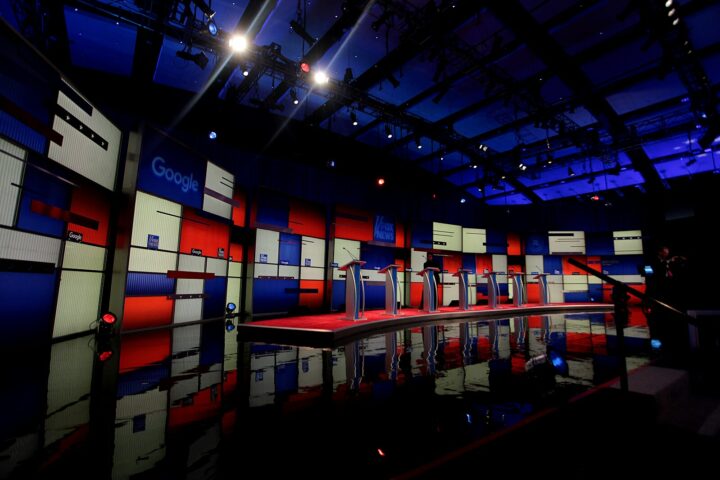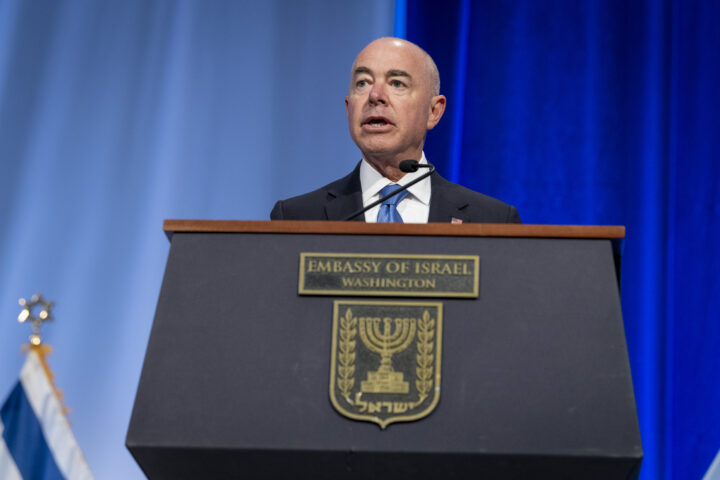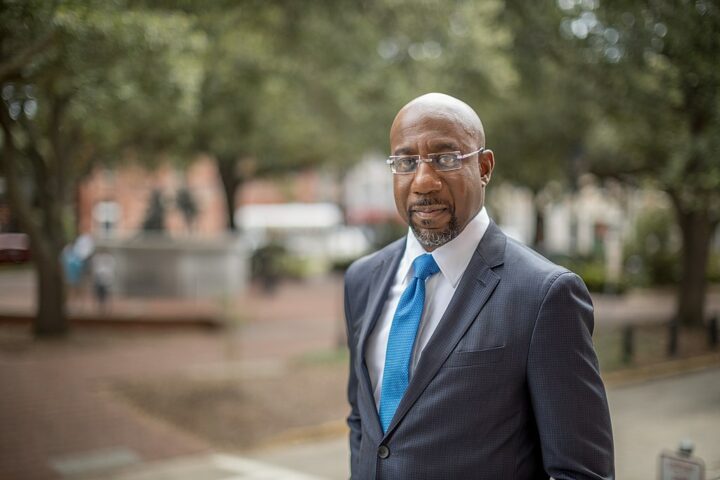By: Lawrence Reed (Originally appeared on FEE.org)
China’s first emperor, Qin Shi Huang, once said “I have collected all the writings of the Empire and burnt those which were of no use.” Lovers of liberty the world over have been fighting the arrogance of censors in all the 2,400 years since he uttered that.
“Give me the liberty to know, to utter, and to argue freely according to conscience, above all liberties,” declared John Milton in his famous 1644 polemic known as Aeropagitica. He wrote in passionate support of freedom of press and speech at a time when both King and Parliament attempted to censor dissent.
A little more than two centuries later, John Stuart Mill expressed similar sentiments in a famous essay titled On Liberty. Opinions should never be silenced, he argued, because 1) they might be correct; 2) the collision of differing views, correct or incorrect, is often the best pathway to the truth; and 3) absent any contesting perspective, even a truth can wither into a mere kneejerk prejudice. These are among the reasons why civil libertarians argue that the best remedy for false or harmful speech is more speech, not less.
Now here we are in the 21st Century, long after the powerful arguments posed by Milton, Mill and countless others, and censorship remains an issue. It may be an even bigger one today than it was decades ago. By one measure, the Press Freedom Index produced by Reporters Without Borders, the squelching of opinion is a problem in an awful lot of places.
Censorship is generally considered a province of governments because they have the requisite monopoly on legalized force. They can shut you up and send the cops to your door if you don’t stay quiet. If a private entity, such as a newspaper, chooses not to publish something, we may cavalierly describe its action as “censorship”, but that newspaper cannot forbid other private parties from publishing it. That newspaper can shut itself up, but it can’t shut others up. It can’t dispatch men with guns to silence a competitor (at least not legally).
One reason censorship is in the news is the unholy alliance between certain private entities (such as social media companies) with government. Exhibit A: the FBI working with Twitter to censor the New York Post story about Hunter Biden’s notorious laptop. When private entities conspire with government to silence opinion, we get the worst of two worlds: the brute force of the state combined with the technology and efficiency of free enterprise. The Biden Administration’s botched plan to create a kind of Orwellian “Ministry of Truth” would likely have formalized a censorship alliance between Big Government and Big Tech. For now at least, we dodged a bullet on that one!
For the same reason we should fear such combinations, we should dread the thought of the IRS hiring private firms to collect taxes; I’d rather trust bumbling bureaucracies with that.
Those who value liberty should be wary of self-censorship too. We all practice forms of it to some extent. As adults, for instance, we usually avoid certain words and topics in the presence of children. But when self-censorship arises from intimidation or intolerance (e.g., “cancel culture”), our liberties are in danger. Brad Polumbo warned in these pages that “Self-censorship driven by culture, not government, erodes our collective discovery of truth all the same.” We could use more serious discussion of just how subtle but pervasive self-censorship has become these days, and more courage to push back on it.
To remind us of the dangers inherent in censorship, I wish to share with readers some of the more eloquent statements said of it. The first comes from Woodrow Wilson, 28th President of the United States, in a letter to one Arthur Brisbane dated April 25, 1917:
I can imagine no greater disservice to the country than to establish a system of censorship that would deny to the people of a free republic like our own their indisputable right to criticize their own public officials. While exercising the great powers of the office I hold, I would regret in a crisis like the one through which we are now passing to lose the benefit of patriotic and intelligent criticism.
Before you pronounce Wilson a civil libertarian, consider the context: He wrote that letter three weeks after securing from Congress a declaration of war against Germany and just two weeks after signing an executive order creating the Committee on Public Information. He charged that new federal agency with a task that Christopher B. Daly in Smithsonian Magazine called “a plan to control, manipulate and censor all news coverage, on a scale never seen in U.S. history”—in other words, to carry out the very dastardly assignment he said a few days before was a “disservice to the country.”
If Wilson’s duplicity shakes your confidence in government behavior on the matter of censorship, then you’re primed and ready for the rest of the quotes:
To suppress free speech is a double wrong. It violates the rights of the hearer as well as those of the speaker. It is just as criminal to rob a man of his right to speak and hear as it would be to rob him of his money – Frederick Douglass, 1880
_____
Don’t join the book burners. Don’t think you are going to conceal thoughts by concealing evidence that they ever existed – Dwight D. Eisenhower, 1953
_____
If all printers were determined not to print anything till they were sure it would offend nobody, there would be very little printed – Benjamin Franklin, 1730
_____
Books won’t stay banned. They won’t burn. Ideas won’t go to jail. In the long run of history, the censor and the inquisitor have always lost. The only sure way against bad ideas is better ideas. The source of better ideas is freedom – Alfred Whitney Griswold, 1952
_____
Where they have burned books, they will end in burning human beings – Heinrich Heine, 1823
_____
To whom do you award the right to decide which speech is harmful, or who is the harmful speaker? Or to determine in advance what are the harmful consequences going to be that we know enough about in advance to prevent? To whom would you give this job? To whom are you going to award the task of being the censor? Isn’t a famous old story that the man who has to read all the pornography, in order to decide what’s fit to be passed and what is fit not to be, is the man most likely to become debauched? Did you hear any speaker in the opposition to this motion, eloquent as one of them was, to whom you would delegate the task of deciding for you what you could read? To whom you would give the job of deciding for you – relieve you of the responsibility of hearing what you might have to hear? Do you know anyone? Hands up. Do you know anyone to whom you’d give this job? Does anyone have a nominee? – Christopher Hitchens, 2006
_____
The priceless heritage of our society is the unrestricted constitutional right of each member to think as he will. Thought control is a copyright of totalitarianism, and we have no claim to it. It is not the function of the government to keep the citizen from falling into error; it is the function of the citizen to keep the government from falling into error. We could justify any censorship only when the censors are better shielded against error than the censored – Robert H. Jackson, 1950
_____
All censorships exist to prevent anyone from challenging current conceptions and existing institutions. All progress is initiated by challenging current conceptions, and executed by supplanting existing institutions. Consequently the first condition of progress is the removal of censorship – George Bernard Shaw, 1893
_____
Censorship reflects a society’s lack of confidence in itself. It is a hallmark of an authoritarian regime. Long ago those who wrote our First Amendment charted a different course. They believed a society can be truly strong only when it is truly free. In the realm of expression they put their faith, for better or for worse, in the enlightened choice of the people, free from the interference of a policeman’s intrusive thumb or a judge’s heavy hand. So it is that the Constitution protects coarse expression as well as refined, and vulgarity no less than elegance – Potter Stewart, 1965
For Additional Information, See:
How Woodrow Wilson’s Propaganda Machine Changed American Journalism by Christopher B. Daly
Free Speech Authoritarianism is Not the Answer to Censorship by Jess Gill
The Censorship of COVID-19 Data Around the World by Sam Bocetta
How Free Speech Drives Economic Progress by David Chapek
“Ministry of Truth” Trends on Twitter by Jon Miltimore
Historic Figures Who Recognized that Speech is Freedom’s First Line of Defense by Lawrence W. Reed

Lawrence W. Reed
Lawrence W. Reed is FEE’s President Emeritus, Humphreys Family Senior Fellow, and Ron Manners Global Ambassador for Liberty, having served for nearly 11 years as FEE’s president (2008-2019). He is author of the 2020 book, Was Jesus a Socialist? as well as Real Heroes: Incredible True Stories of Courage, Character, and Conviction and Excuse Me, Professor: Challenging the Myths of Progressivism. Follow on LinkedIn and Like his public figure page on Facebook. His website is www.lawrencewreed.com.
This article was originally published on FEE.org. Read the original article.

